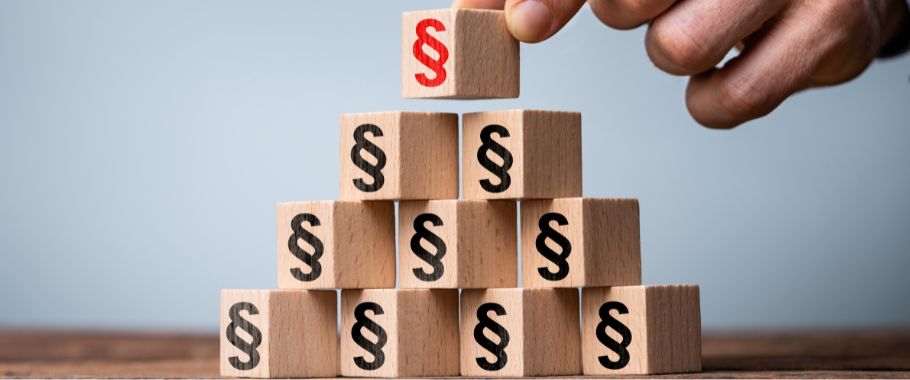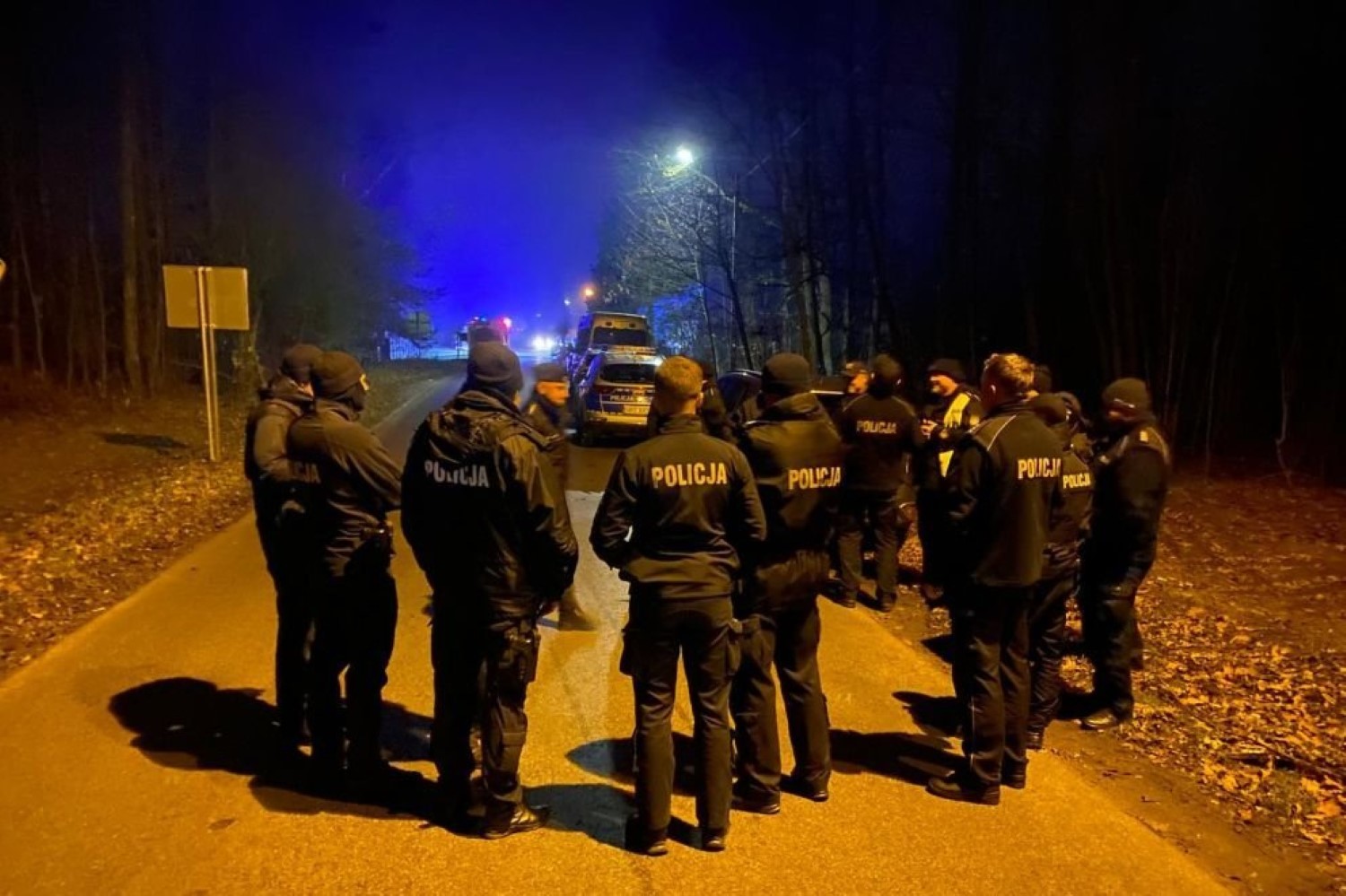A prosumer is an individual or business that produces electrical energy for their own needs. This definition includes the end-user who generates electrical energy exclusively from renewable energy sources using a microgeneration system. For end-users who are not households, energy production cannot constitute the predominant business activity, and the installed capacity of the microgeneration system must not exceed 50 kWp.

Individual prosumer
An individual prosumer can be either a natural person or an entrepreneur, provided that the production of energy from renewable sources does not constitute the predominant part of their business activity, and the installed capacity of the microgeneration system does not exceed 50 kWp.
Collective prosumer
A collective prosumer is a person or entity that produces and uses energy from renewable energy installations installed in a multi-unit building. An example could be a housing cooperative that decides to install a photovoltaic system on its roof or land. The generated energy can be supplied to individual residents of the community who have signed a prosumer agreement, not limiting it solely to communal use, such as lighting the building.
Each resident of the community covered by the prosumer agreement becomes a prosumer. Each tenant is allocated an installation capacity of up to 50 kW. For instance, if four tenants enter into prosumer agreements, they can build an installation with a total capacity of 200 kW, and each of them will be a prosumer.
Virtual prosumer
A virtual prosumer is an end user who generates electrical energy exclusively from renewable energy sources for their own needs in a renewable energy source installation connected to the electrical energy distribution network at a location different from the place where electrical energy is supplied to this user, which is also not connected to the electrical energy distribution network via the internal electrical installation of a multi-unit building, provided that for an end user who is not a household electrical energy consumer, this generation does not constitute the predominant business activity.
A virtual prosumer has a photovoltaic system located elsewhere in Poland, which is not physically connected to their home. The electrical energy generated by this installation does not go directly to their home.
Who can be a virtual prosumer?
Entities or individuals who can be virtual prosumers include:
- Individuals – private users who own renewable energy installations at one location but use the generated energy elsewhere, such as in their home or apartment.
- Entrepreneurs – companies that generate electrical energy from renewable energy sources at one location but consume it across various branches or facilities.
- Local government units – municipalities, counties, provinces that can produce energy from renewable sources at one of their locations and use it in different public utility buildings.
- Housing cooperatives and housing associations – which can install renewable energy systems in the common areas of residential buildings and use the energy generated by the residents at various locations.
- Non-profit organizations – such as foundations and associations, which can produce energy from renewable sources at one location and use it to carry out their activities in different places.
However, the maximum production capacity assigned to a single consumption point cannot exceed 50 kW.
Timing of introduction of a virtual prosumer and its benefits
A common reason for opting out of investing in photovoltaic systems is the limited roof space, which does not allow for the installation of a sufficient number of solar panels. Thanks to new regulations, which will come into effect on July 2, 2025, this limitation will no longer be an obstacle. The amendment allows for the location of photovoltaic systems outside the place where the energy is consumed.
Among others, the new regulations can benefit:
- housing cooperatives and housing associations,
- developers,
- manager and owners of office buildings,
- enterprises;
- “twin housing” estates.
Rules for Settling Virtual Renewable Energy Prosumer
The virtual renewable energy prosumer will settle with the energy supplier according to market prices. Unlike the classic prosumer, there is no self-consumption of electrical energy here, as all the produced energy is fed into the transmission grid, which involves the calculation of distribution fees.
The settlements for a virtual prosumer will be conducted in accordance with the net-billing system, which is also applied to traditional renewable energy prosumers. This system involves separate billing for the value of electrical energy fed into the grid and the electrical energy drawn from it, based on market prices. Settlements will be managed through prosumer accounts, which are administered by energy suppliers.
Prosumer representative
The prosumer representative is a person chosen by the prosumers to represent their interests before entities specified in the legislation. The primary duties of the representative include:
- submitting an application for connecting the photovoltaic system to the grid;
- providing data identifying the energy consumption points;
- informing about any changes regarding the installation and its stakeholders.
Represents prosumers before other entities.
The prosumer representative must be indicated in the agreement signed by all prosumers. The document should contain the following information:
- the percentage and capacity share of prosumers in the renewable energy installation (RES);
- the legal title granted to virtual prosumers for the installation;
- rules for managing the installation, including supervising its safety, maintenance, and operation;
- location and technical data of the installation;
- location of energy consumption points;
- the procedure for implementing changes to the agreement.
Profitability of a virtual consumer
- There is no need to incur high initial costs associated with purchasing and installing your own photovoltaic panels. A virtual prosumer has the opportunity to invest in shares of solar or wind farms, which is much more financially accessible;
- Reducing electrical energy bills;
- Reducing CO2 emissions and other greenhouse gases;
- A wide range of consumers participating in renewable energy production without the need to own their own installations.
If you have any questions or concerns regarding the above matter, please do not hesitate to contact our experts:
Piotr Włodawiec: wlodawiec[at]prokurent.com
Łukasz Moczydłowski: moczydlowski [at] prokurent.com
Paweł Wróblewski: 'p.wroblewski [at] elbudbis.pl
Authors:
Piotr Włodawiec – Attorney-at-law / Senior Partner
Łukasz Moczydłowski – Attorney-at-law / Senior Partner
Paweł Wróblewski – CEO ElbudBis
Relkonds
Material prepared in collaboration with:


 7 miesięcy temu
7 miesięcy temu








